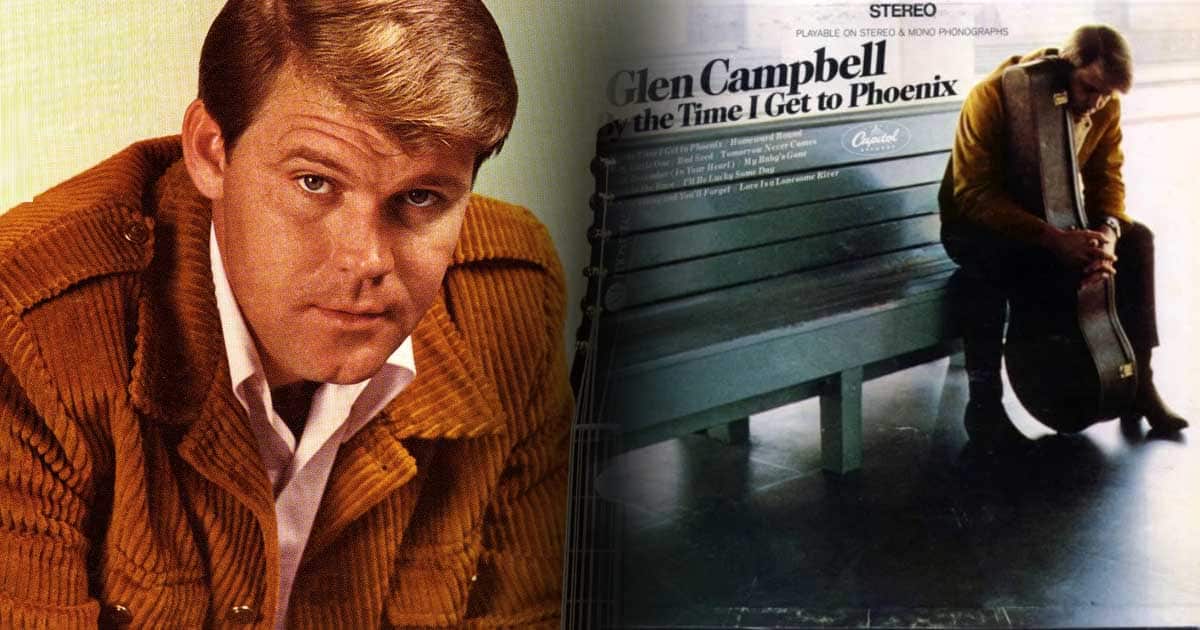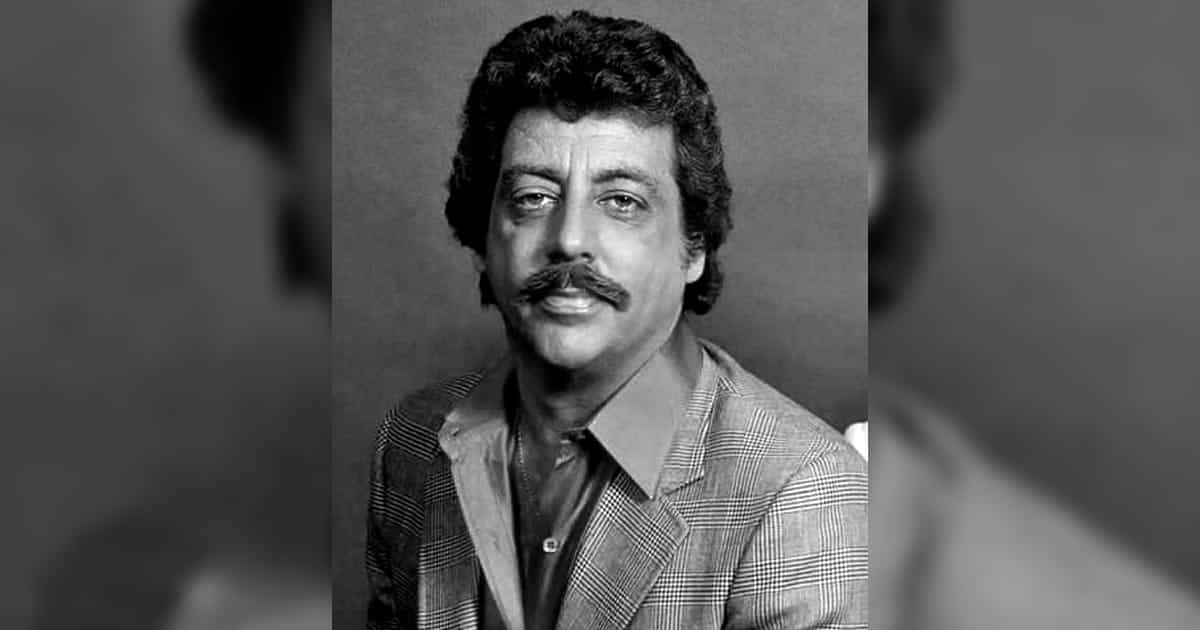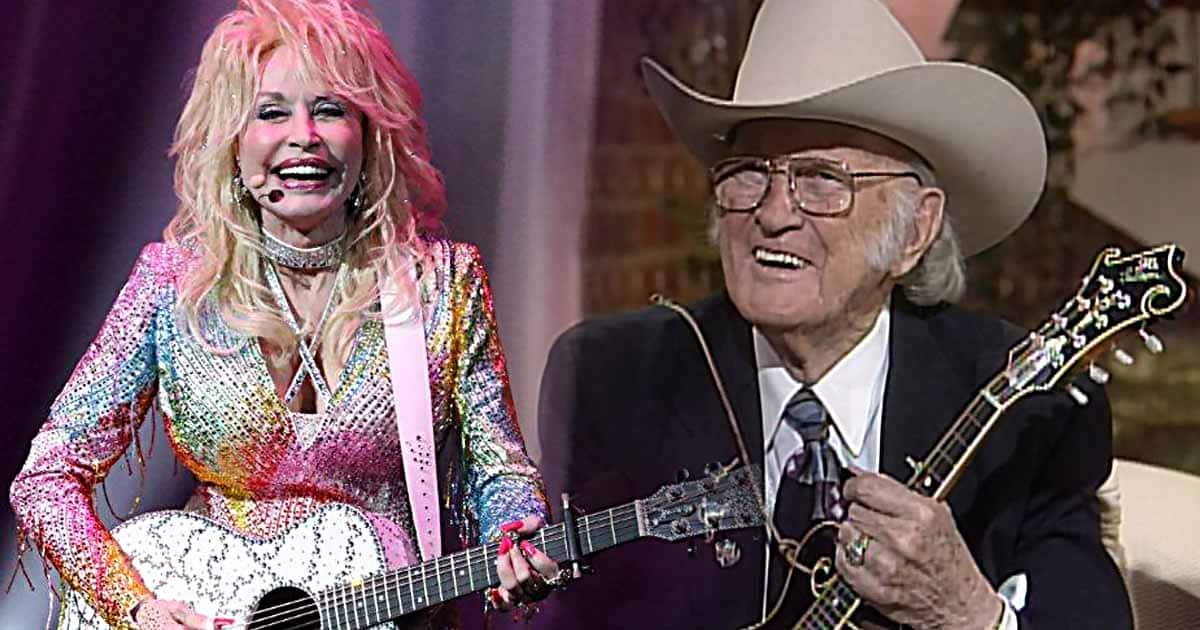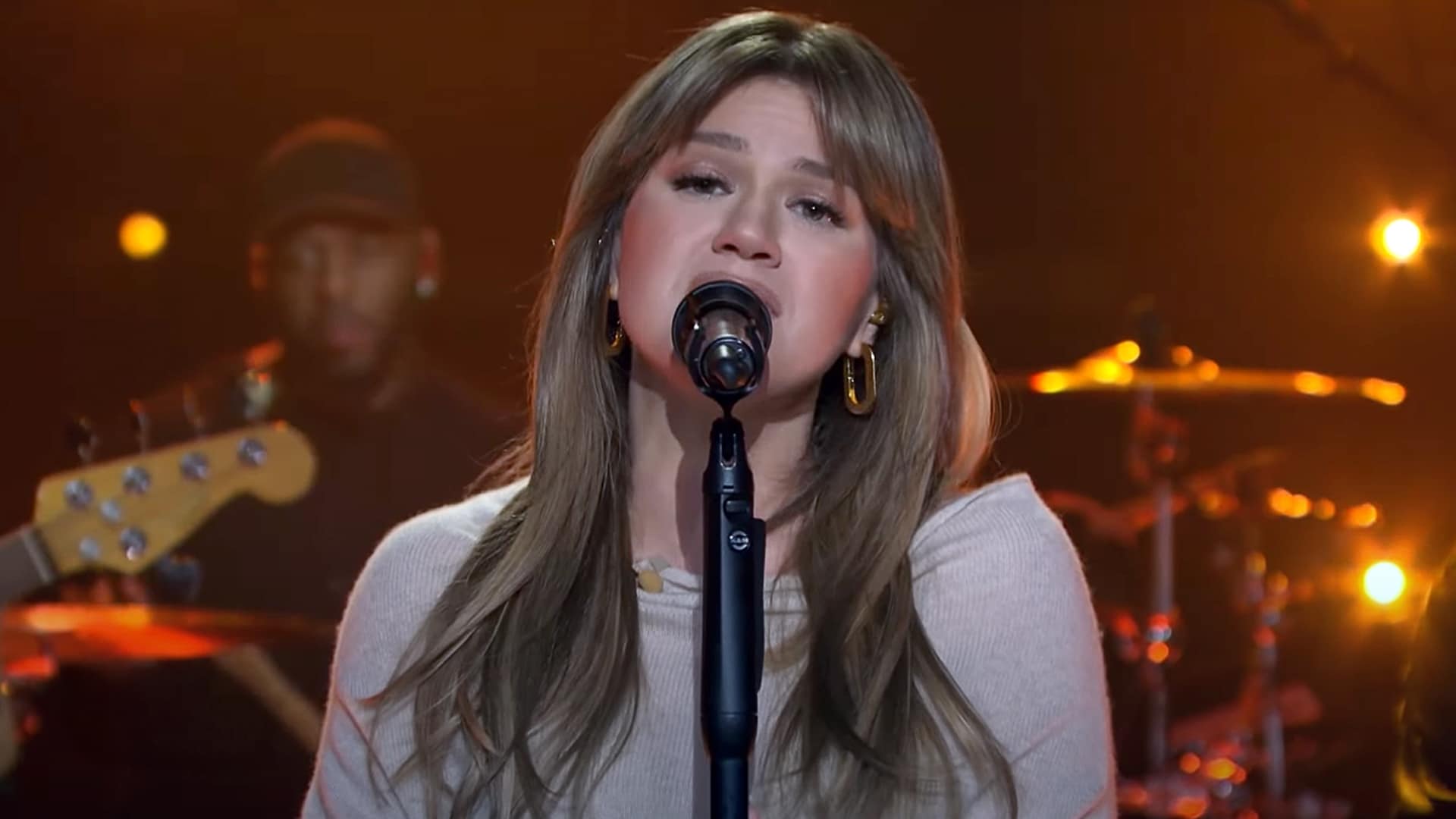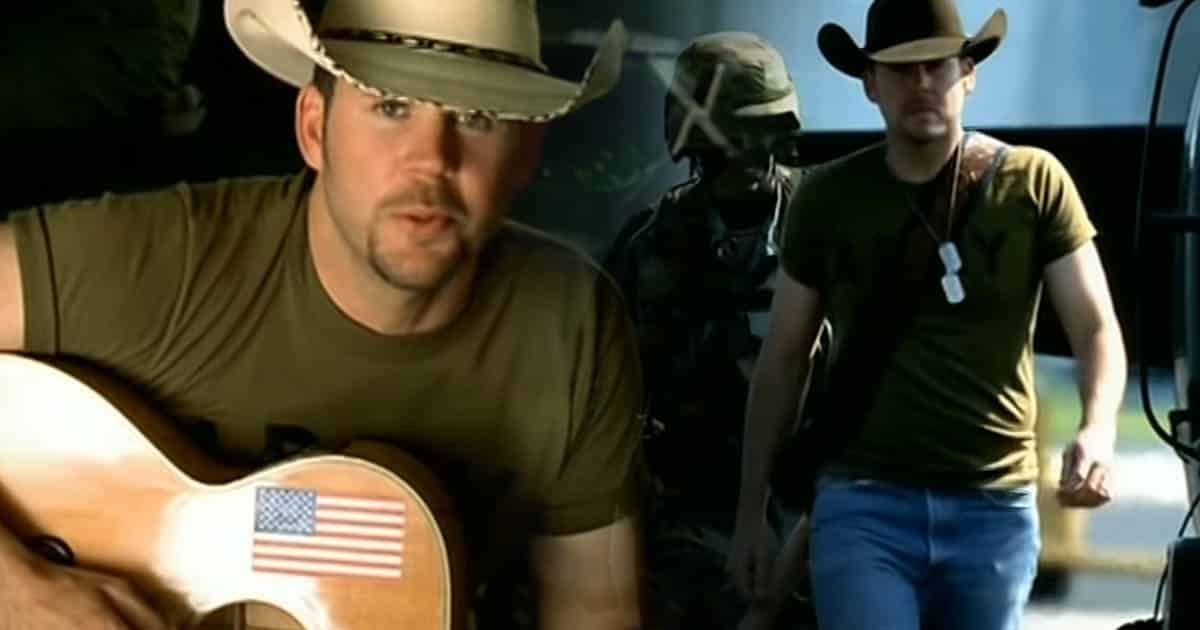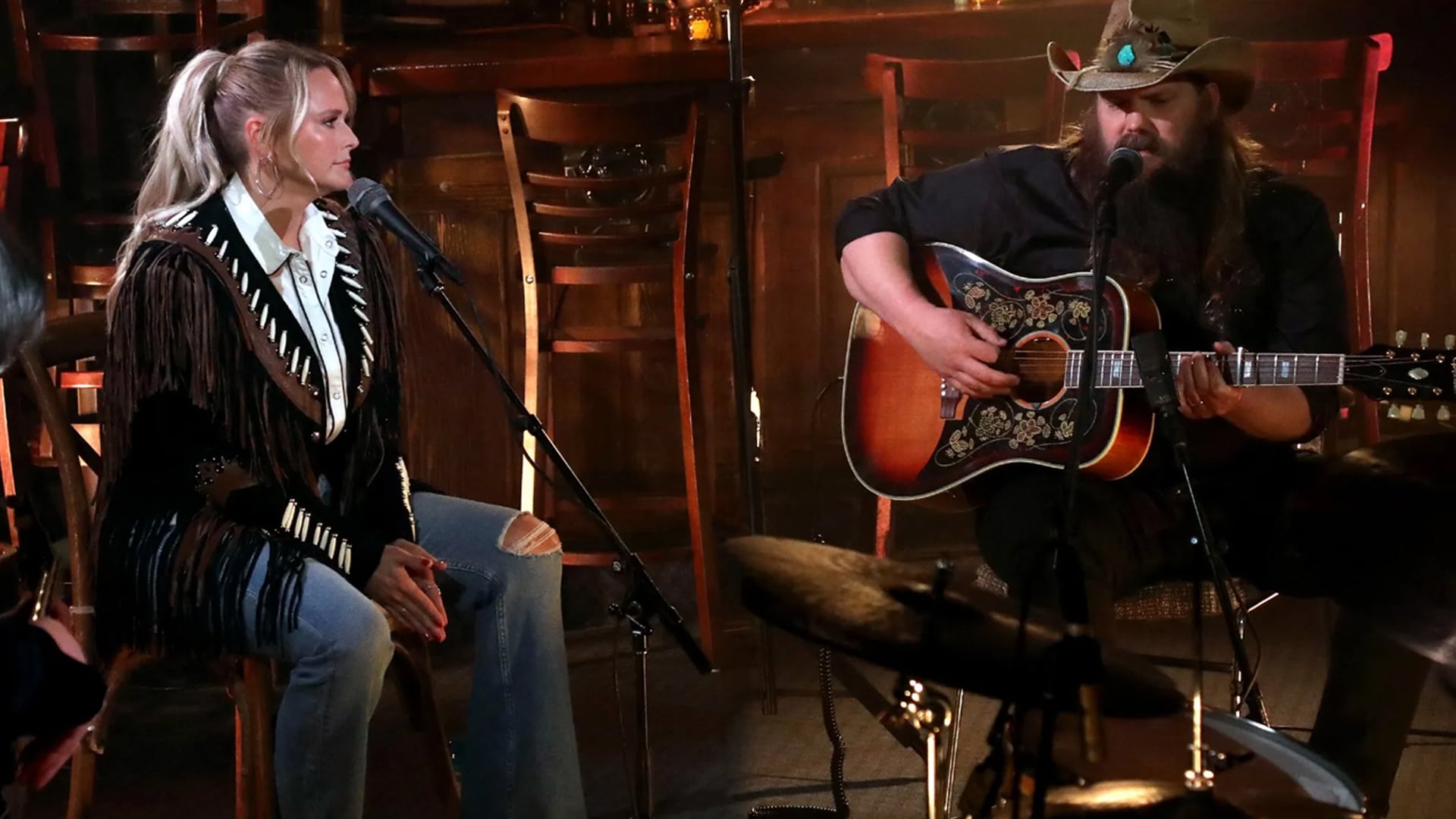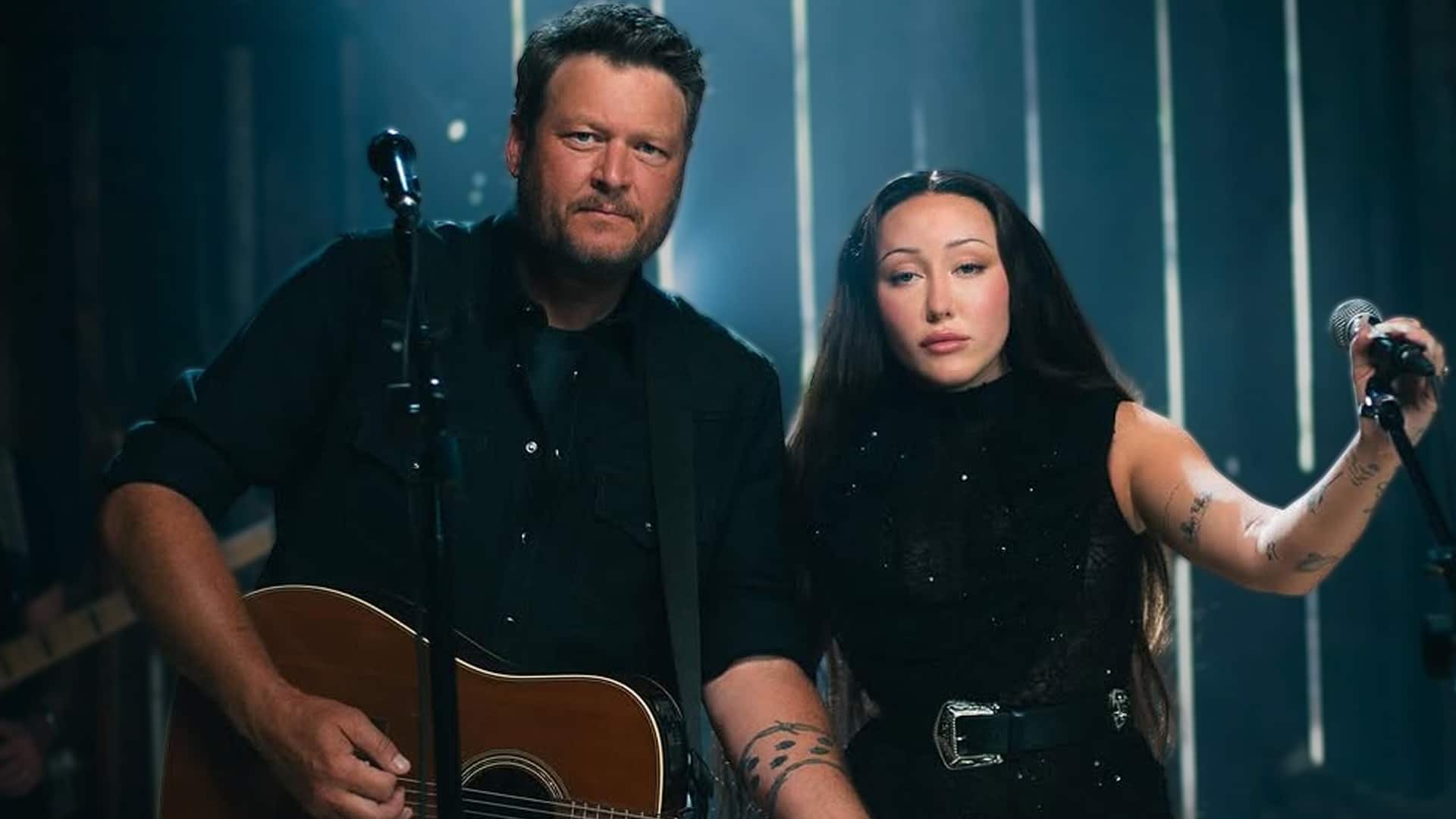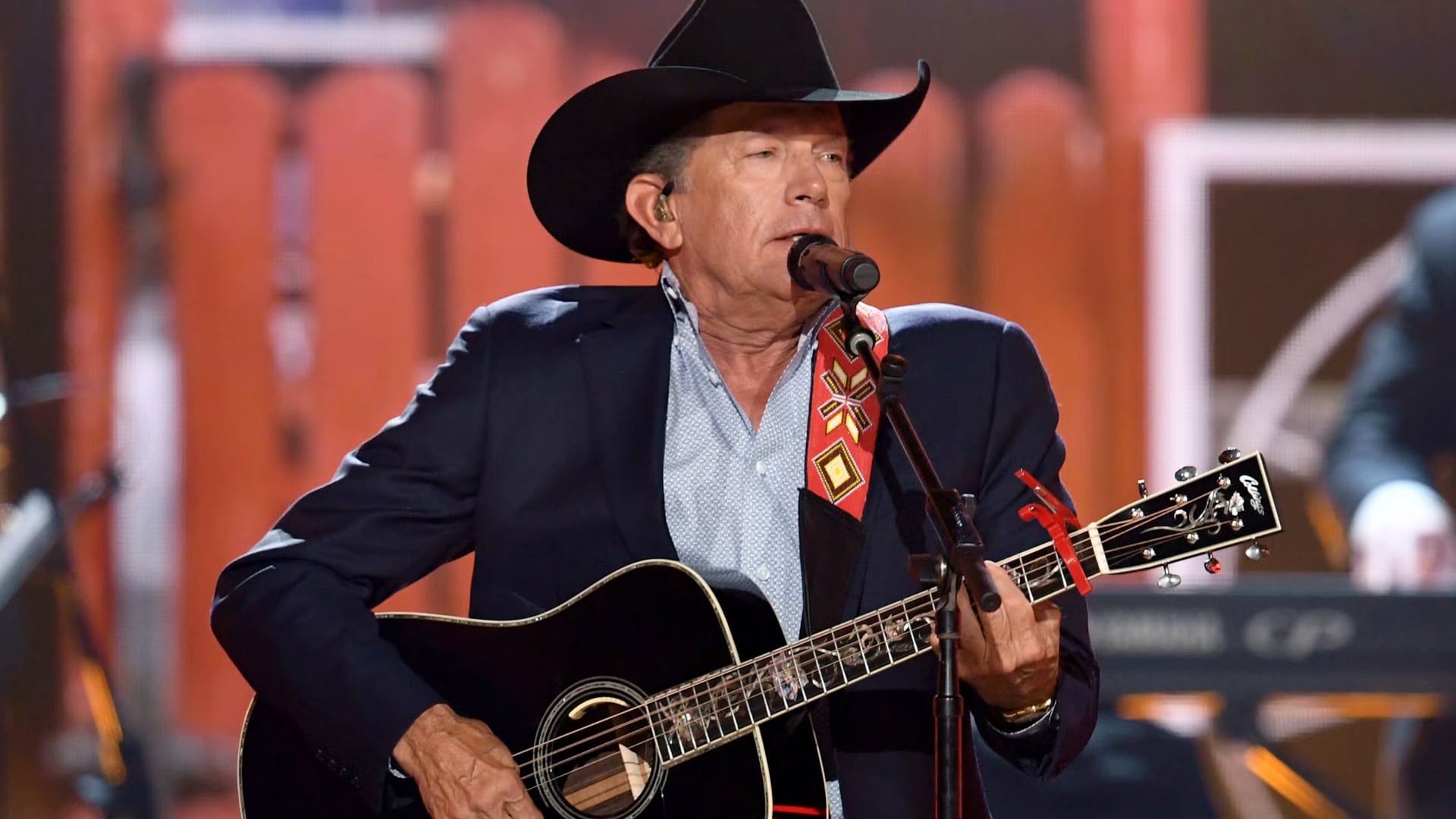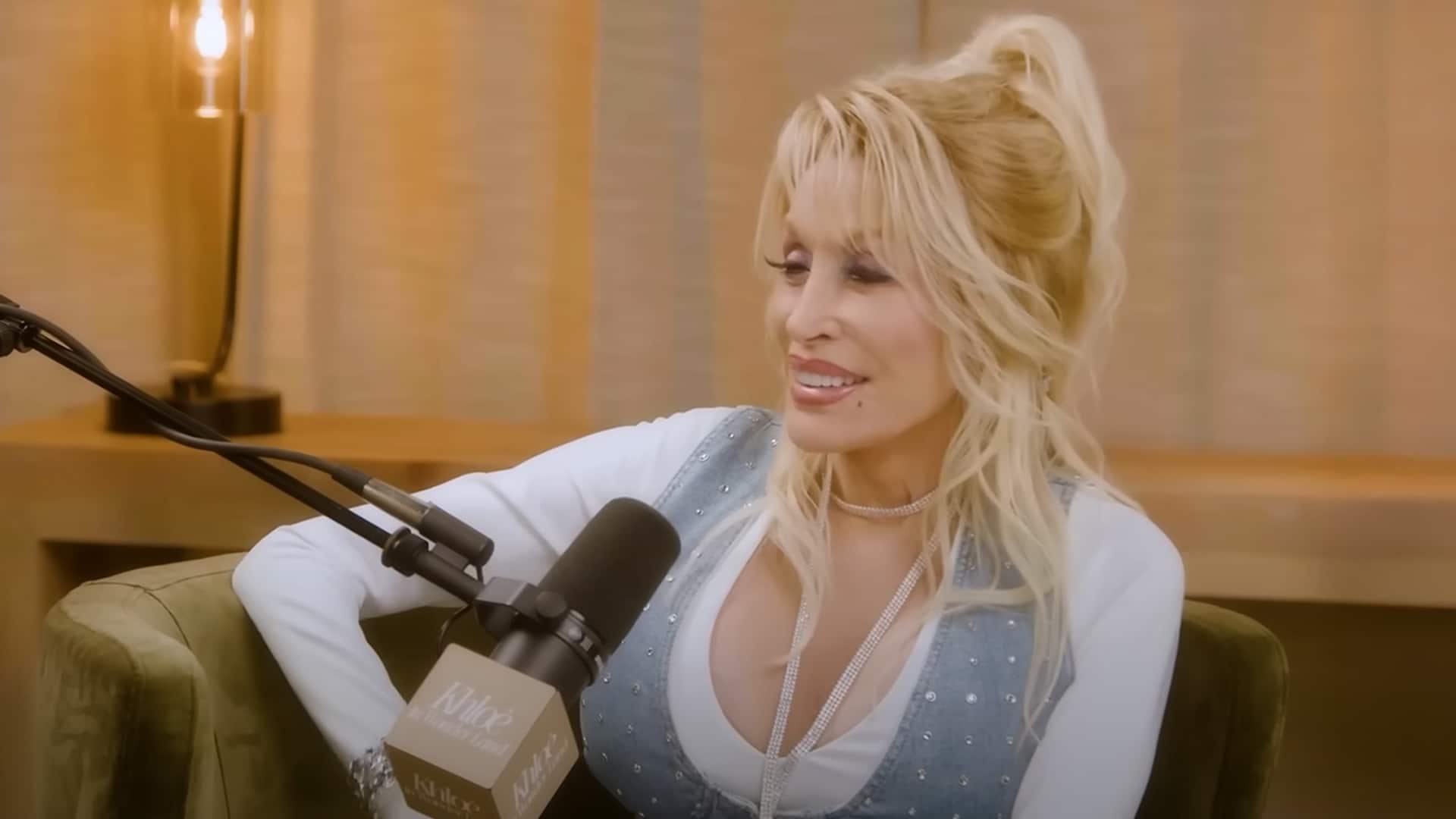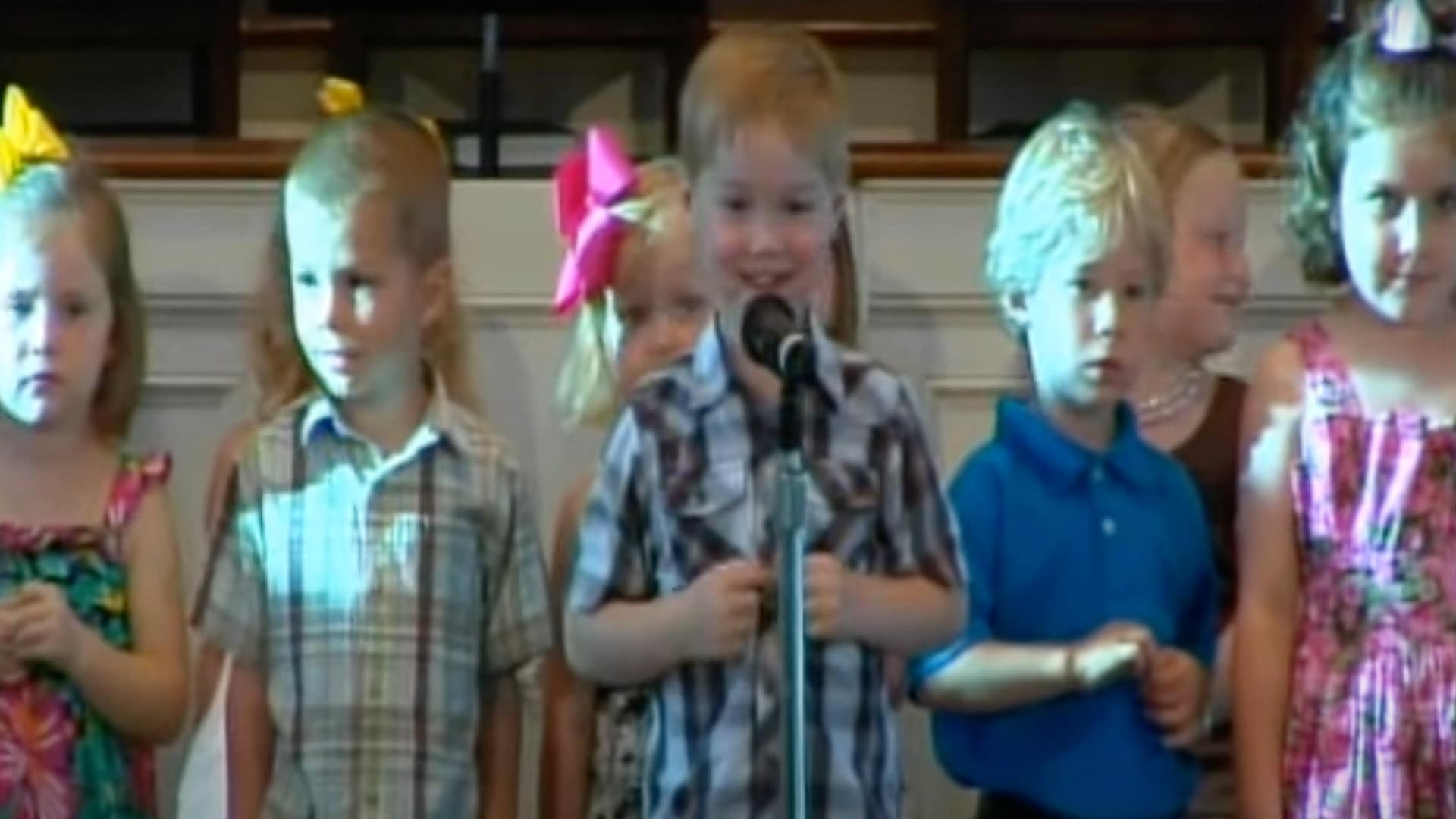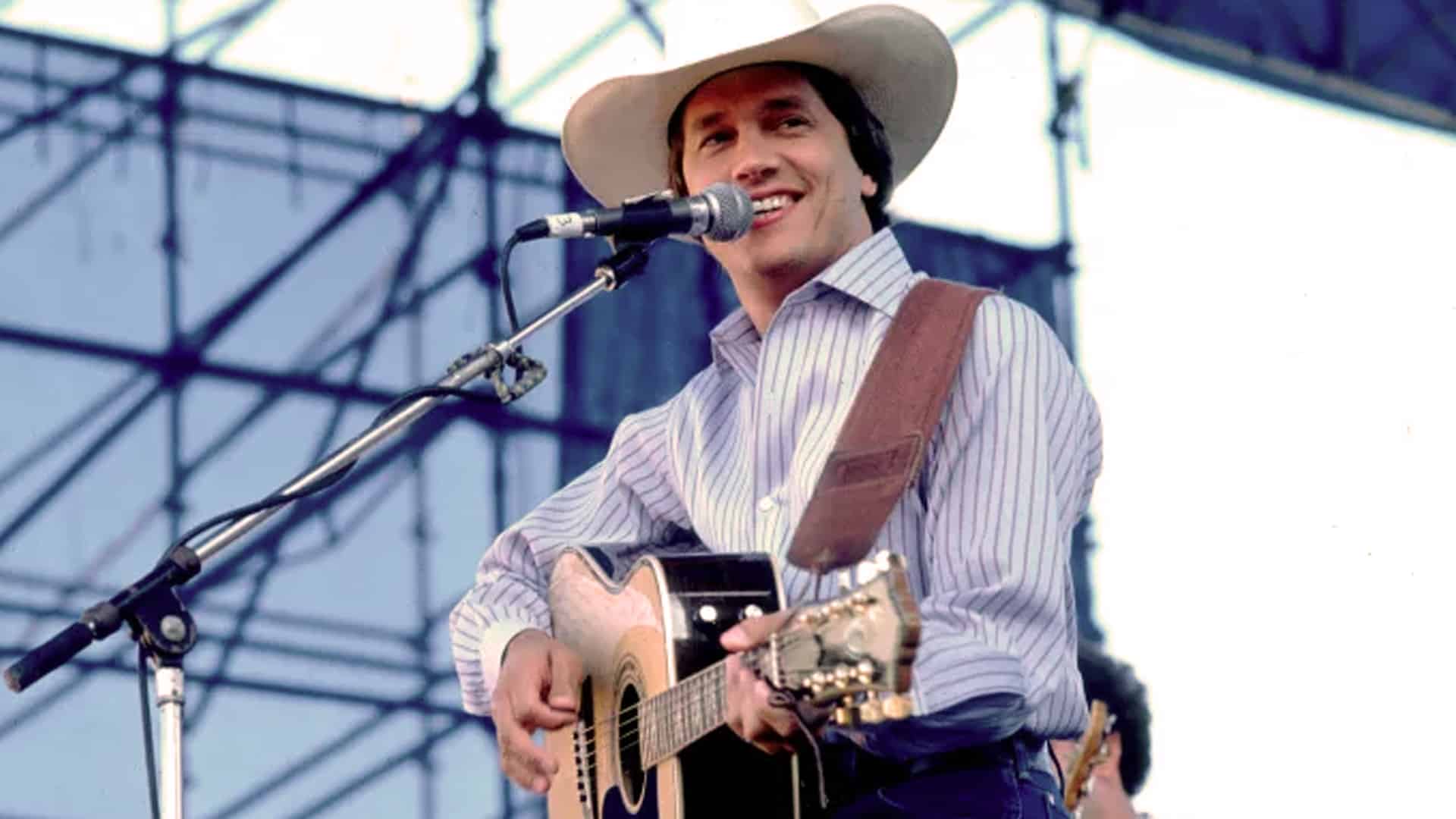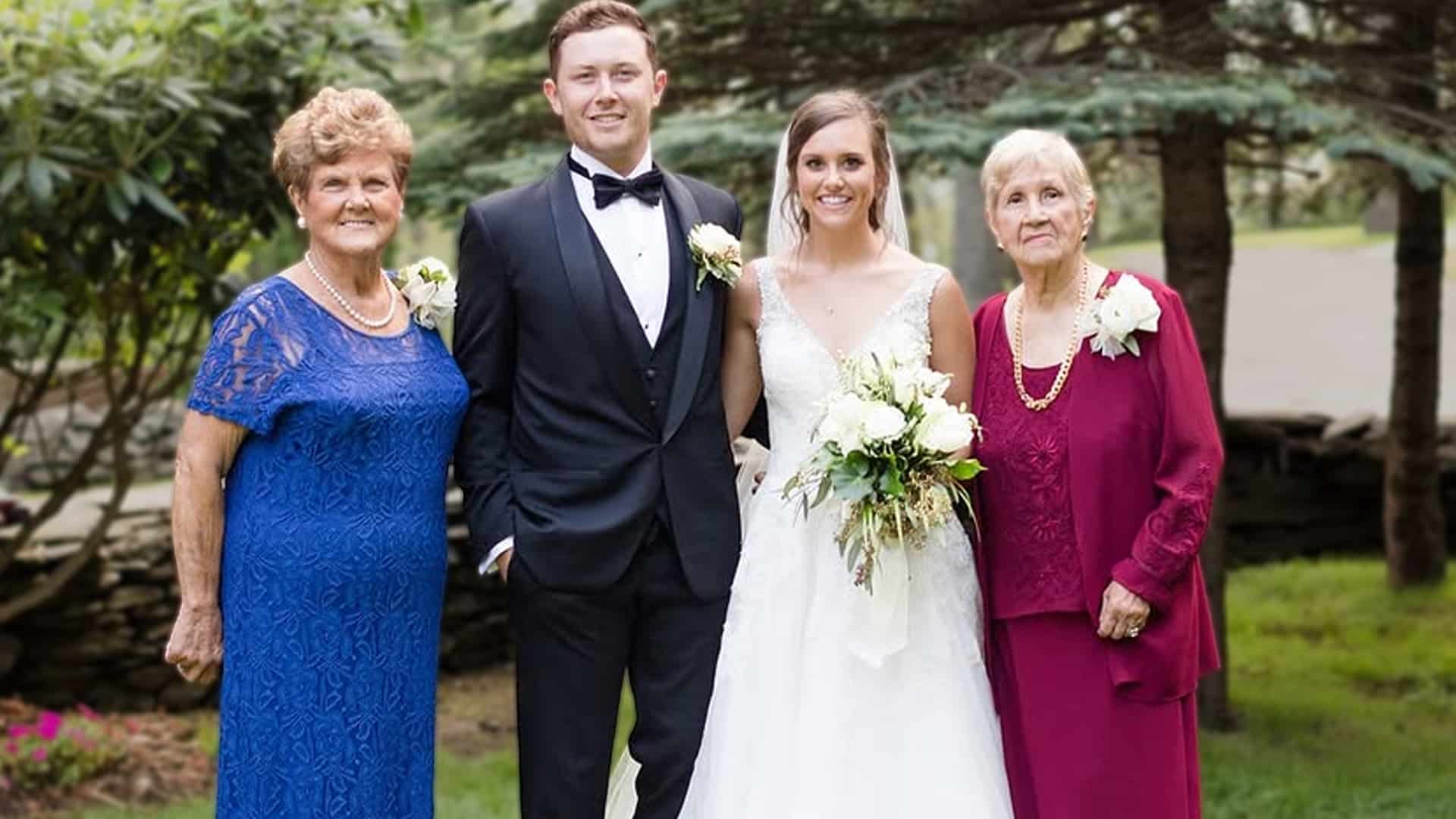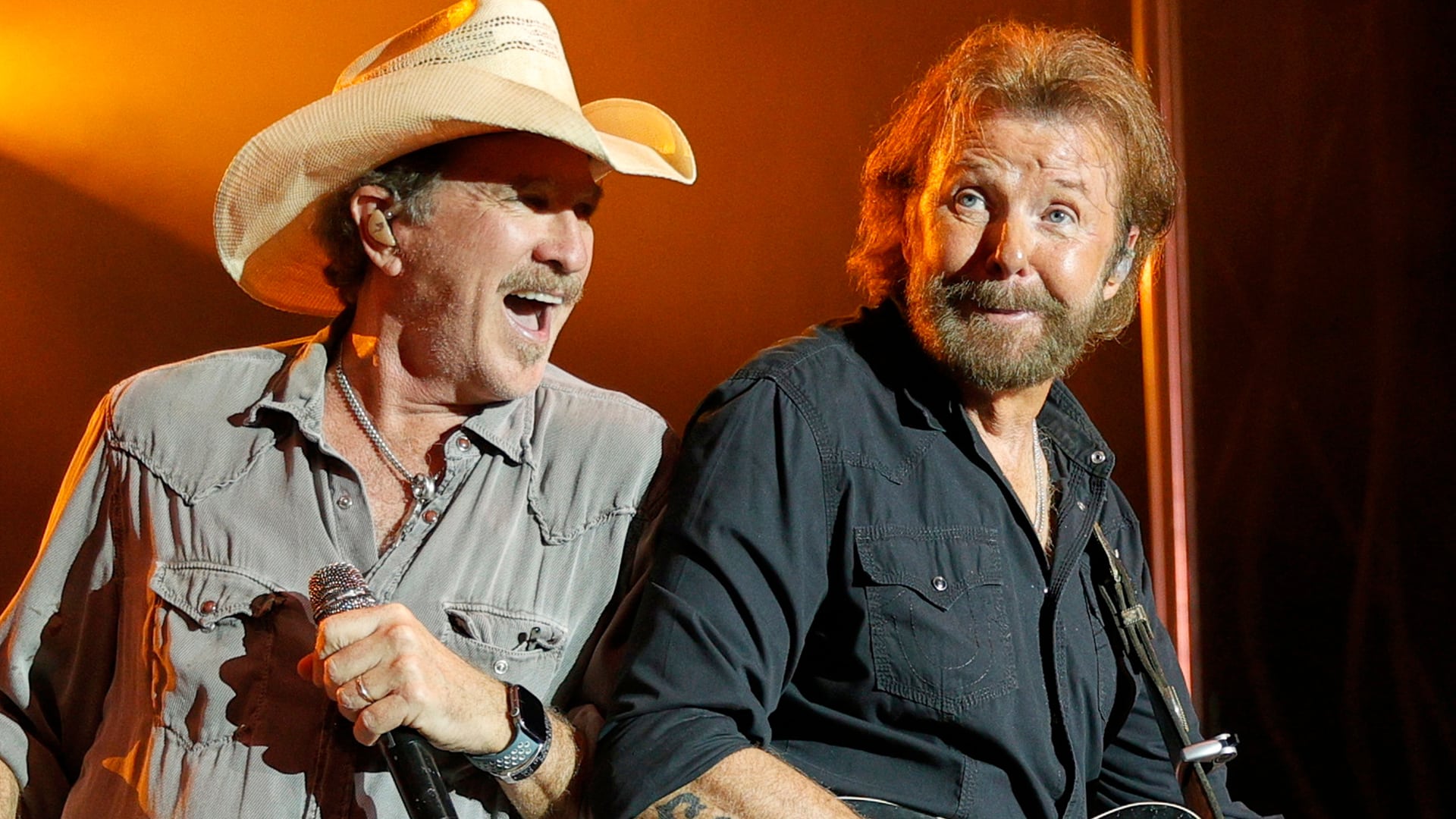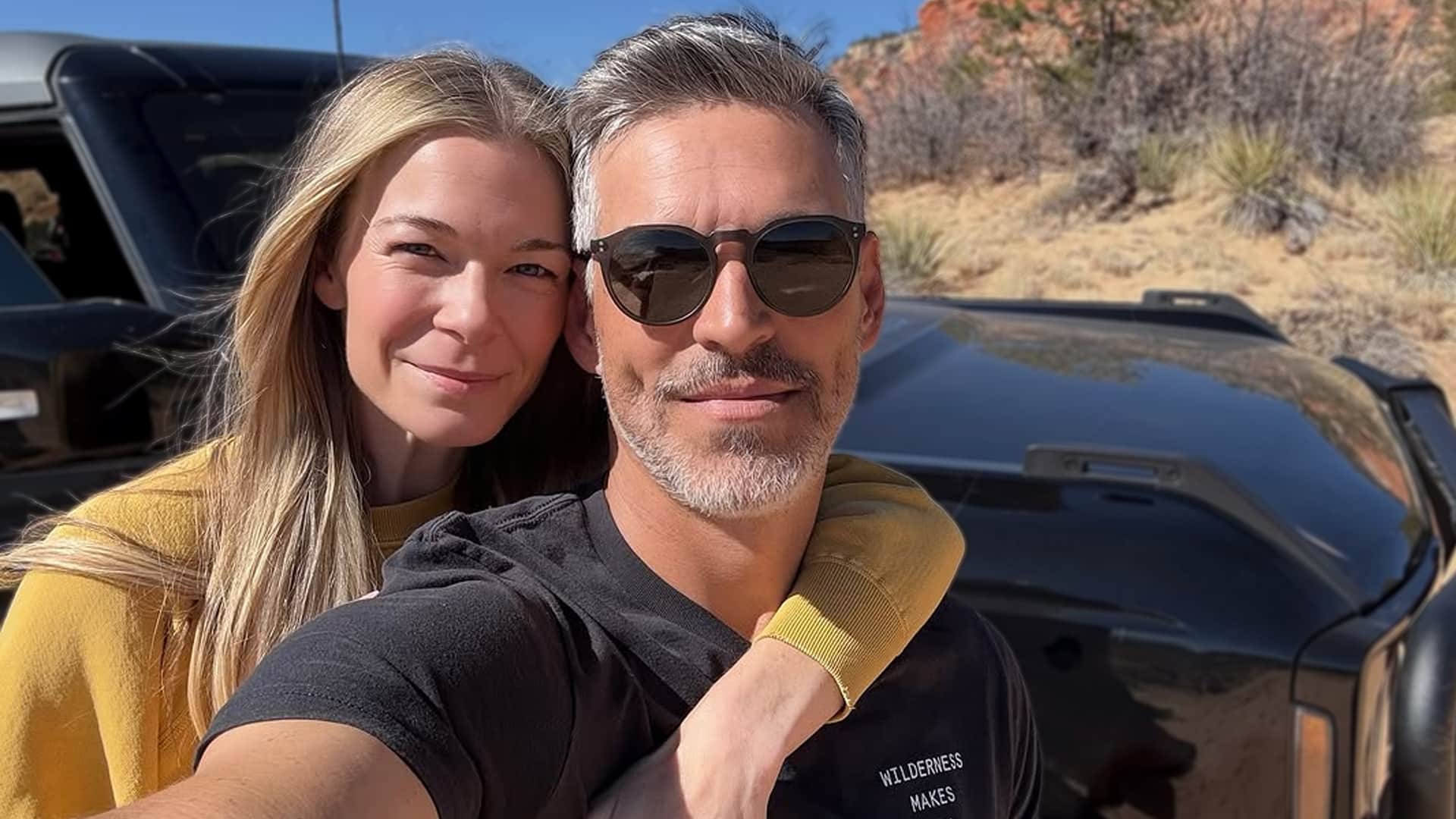Glen Campbell was at #1 on the US Country music chart with his seventh album, “By the Time I Get to Phoenix.“ The title track which was written by Jimmy Webb was originally recorded by Johnny Rivers in 1965. Campbell’s version reached #2 on the US Country charts in 1968, and won two Grammy Awards, for Best Vocal Performance, Male and Best Contemporary Male Solo Vocal Performance.
By The Time I Get to Phoenix
“By the Time I Get to Phoenix” was originally written by Jimmy Webb. The song was inspired by the love affair that Webb had with Suzy Horton. Suzy and Jimmy had begun dating since they were high school. Jimmy experienced real pain when Suzy decided to leave him to work as a dancer in Lake Tahoe. The situation became even worst when Suzy married another guy which led Webb to write the 1969 hit, “Worst That Could Happen’” popularized by the Brooklyn Bridge.
The song “By the Time I Get to Phoenix” was originally recorded by Johnny Rivers in 1966. This was recorded by Rivers after his hit single “Memphis” was released the previous year.
Jimmy Webb started off as a young seventeen-year-old, white face, boy who was working for Motown Records. He and the other staff had a bond that was like a family. Paul Peterson was one of the young members of Motown Records. Peterson had hits like “My Dad.”
One day, Webb was told that they needed him to write a song for Peterson. This was when Jimmy Webb wrote, “By the Time I Get to Phoenix.” Unfortunately, Motown Records didn’t like the song for Peterson. They tried to match it up with other singers but it just didn’t make an appeal for Motown.
“By the Time I Get to Phoenix” was a song that was built in simplicity which was a factor that didn’t give much appeal for Motown. The record company had a reputation of having songs with huge verses. When Jimmy Webb left the records, Motown gave him back the song.
From Rivers to Campbell
Mark Gordon was the guy who hired Jimmy Webb in Motown. Gordon was managing the Fifth Dimension. Eventually, Gordon signed a deal with Webb and produced hits like: “Up, Up and Away,” “By the Time I Get to Phoenix,” and “Worst that Could Happen.”
With all that had happened, “By the Time I Get to Phoenix” was finally recorded by Johnny Rivers. The song featured the “Wrecking Crew” and Marty Paich who was playing the strings. One day, Campbell was driving along the street, when he heard Rivers’ recording. Campbell didn’t hesitate to do a cut of the record and knew from the start that he could turn the song into a hit.
Campbell’s cut of the song “By the Time I Get to Phoenix” marked his first top 40 hits after his stint with the Beach Boys. Upon hearing Campbell’s version of the song, Webb immediately wrote a follow-up song for Campbell titled “Wichita Lineman,” which peaked at number 3 in 1969. Webb believed that Campbell’s voice was the one who brought the two songs, “By the Time I Get to Phoenix” and “Wichita Lineman,” the success that it had.
This was Campbell’s first solo hit. There were several attempts prior to 1969 to make a name for Campbell in the music industry. In 1965, “Guess I’m Dumb” was written by Brian Wilson to start-up Campbell’s career but it failed. But with his recording of the 1969 version of “By the Time I Get to Phoenix,” it didn’t just open up Campbell’s career as a singer but also as an all-around entertainer. It was in the same year when Campbell had his own TV show that ran for 3 years.
As Campbell was recording the song, he at first thought of changing the last line of the song, “By the Time I get to Oklahoma” into “By the Time I Get Home to Arkansas,” because that’s where Campbell was from. He decided to stay with the original lyrics considering that Webb won’t like the change that he would have made. This led to Campbell’s Grammy award in 1967 for the Best Contemporary Male Solo Vocal Performance and the Best Pop Vocal Performance Male.
Glen Campbell
Glen Campbell was born in Billstown Arkansas. He is a singer, songwriter, television host, and actor. He was best known for the hits that he produced during the ‘60s and ‘70s. He also hosted a comedic music variety show titled “The Glen Campbell Good Time Hour” that was aired on CBS. He also released 70 albums that sold over 45 million records worldwide which includes twelve gold albums, four platinum albums, and one double-platinum album.
Campbell started his career as a studio musician in Los Angeles. He became a part of the group of instrumentalists that was later known as “The Wrecking Crew.” As he ventured on becoming a solo artist, Campbell was able to place 80 different songs on either the Billboard Country Chart, Billboard Hot 100 or Adult Contemporary Chart.
Twenty-nine of his singles peaked on the top 10 hits and nine were able to peak at the top of at least one on the charts. The songs that Campbell popularized were, “Universal Soldier,” “By the Time I Get to Phoenix,” “Dreams of the Everyday,” “Wichita Lineman,” “Galveston,” Rhinestone Cowboy,” and “Southern Lights.”
With his successful career, Campbell was able to bag several awards. These included four Grammy awards that he won in 1967 in both the country and the pop category. In 2012, he was awarded the Grammy Lifetime Achievement Award. He also owned trophies for Male Vocalist of the Year from both the Country Music Association (CMA) and the Academy of Country Music (ACM). Campbell also earned the Entertainer of the Year awards by the CMA in 1968.
Campbell also played a supporting role in the movie “True Grit” which earned him a golden globe nomination for the Most Promising Newcomer. He also sang the movie’s title song that earned him a nomination for the Academy Awards.

